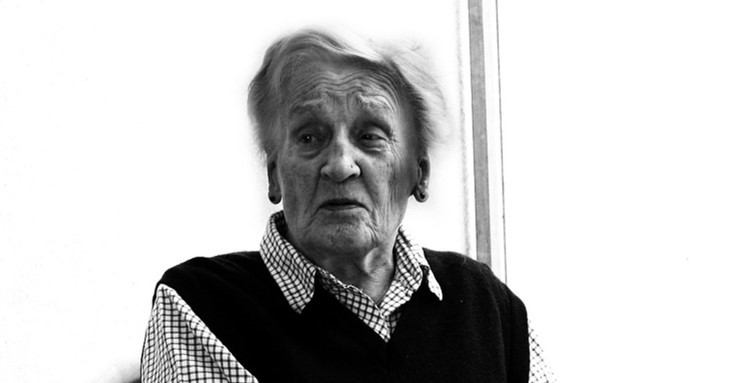Out of the corner of my eye, as I passed her room in the health care center, I caught a glimpse of Fanny staring blankly at the wall. She attended chapel every Sunday, but she had been missing that day.
I stopped, knocked on the door, and asked if she was all right. Still surprisingly healthy for a woman of almost one hundred years, she turned and beckoned me in. A tear streamed down her left cheek. I sat down next to her.
“I don’t know why I am still alive…I never thought I would live this long…Why?…There is no one left in my family…I don’t know why I am still here.” As one hundred approached, despair festered.
For many, living until one hundred may be a goal, for others a deadline.
Fanny died within days of her one hundredth birthday.
I have been a chaplain in retirement homes in San Francisco Bay Area for the nearly forty years. Over that time, I have seen several generations of elders enjoy their days with varying degrees of “success.”
Some live vital, full, meaningful, lives right up until they pass on. Others, still healthy, are depressed, ready to give up or give in to death, saying simply, “I’m done.” Some feel they are merely warehoused, condemned to life.
How does an elder find or maintain a sense of purpose, or “peace?” The answers are complex and individualized. Some may have defined themselves based on their career, some through their faith, some through family. Successful aging often requires an ability to adapt to new situations, new limitations. It requires the ability, perhaps, to redefine “success.”

